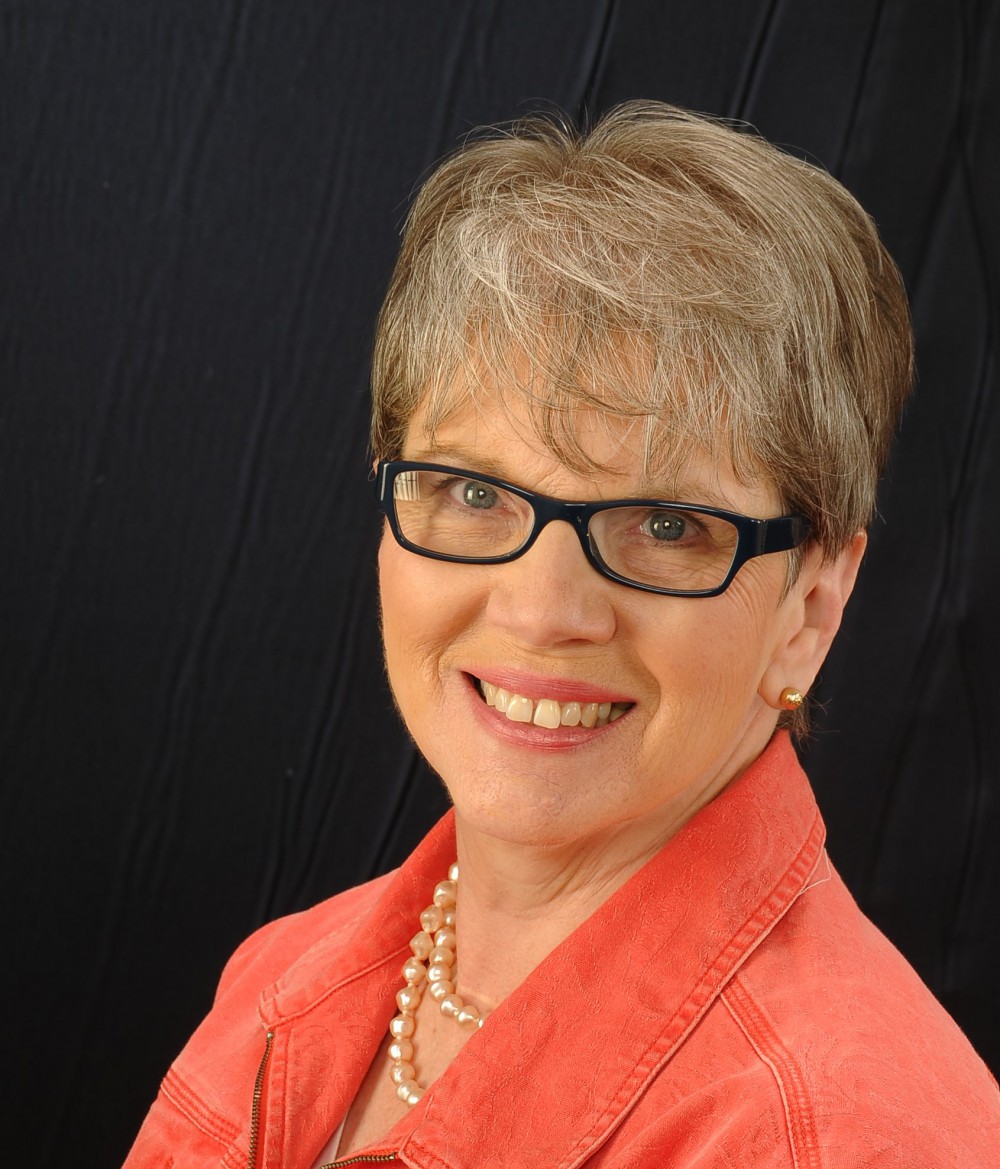FOR IMMEDIATE RELEASE
Virginia grandmother and California fiduciary unite to encourage a grassroots effort to disseminate
the latest research about sanitizing N95 respirators
Dana Conklin, a fiduciary in Northern California, and Carolyn Berry, a grandmother of six and the mother of a doctor with a Virginia practice, have gathered information from the University of Nebraska Medical Center, Stanford Medical Center, and Duke University and Health Center about how to sanitize N95 masks effectively to extend their usefulness. They also have included the latest information from the Center for Disease Control.
The two women have discovered that MOST HEALTH CARE WORKERS DO NOT KNOW ABOUT THESE PROTOCOLS!
The women are not medical professionals, but they have friends and relatives who are, and they want to help keep them safe! Because they are not medical professionals, the women are having difficulty reaching the decision makers. They are asking grandparents and parents who have personal connections to medical professionals (husbands, wives, sons, daughters, nieces, nephews, friends, neighbors, etc.) to use their voices and their personal connections to help ensure these research-based decontamination methods get to the right people.
The information to pass along is simple:
2. Stanford Medical Center has determined two protocols for sanitizing N95 masks: hot air and UV
1. Strategies for Optimizing the Supply of N95 Respirators ─ CDC
For more information and to read the research, visit http://adventureswithgrammy.com/blog/covid-19-call-to-action.html
Dana M. Conklin has a special interest in ensuring hospitals are sanitizing N95 masks following protocols that ensure the least damage to each mask. She is a fiduciary in Northern California, and her clients primarily are senior citizens, who are at high risk for contracting COVID-19. Conklin spent five months in China, including Wuhan. As she watched the nightmare unfold in China earlier this year, she remembered the national shortage of N95 masks during the recent California wildfires. She then read an article in the New York Times about an innovative method the University of Nebraska Medical Center is using to decontaminate N95 masks. Her friends who work at large metropolitan area hospitals knew of no credible method for cleaning their masks. One longtime friend, a nurse at a hospital in one of Florida’s current hot spots, told her an emergency department nurse had been handed a bandanna upon arriving at work the morning before. Horrified, Conklin began collecting credible N95 decontamination information and sharing it via calls to hospitals and first responders and via the Internet. You can reach Conklin at danamail@earthlink.net.
Carolyn Berry has a special interest in helping medical professionals stay safe because her younger son is a doctor in Virginia Beach, VA. She has friends who are nurses and friends who are parents of nurses and other healthcare professionals. She is the former public relations association for Virginia Beach General Hospital, then part of Tidewater Health Care, now Sentara Healthcare. She currently is writing a book for grandparents and their grandchildren. To sign up for her monthly newsletter, visit adventureswithgrammy.com/newsletter. You can reach her at carolyn@adventureswithgrammy.com.
###
